Category Archives: Literary translation
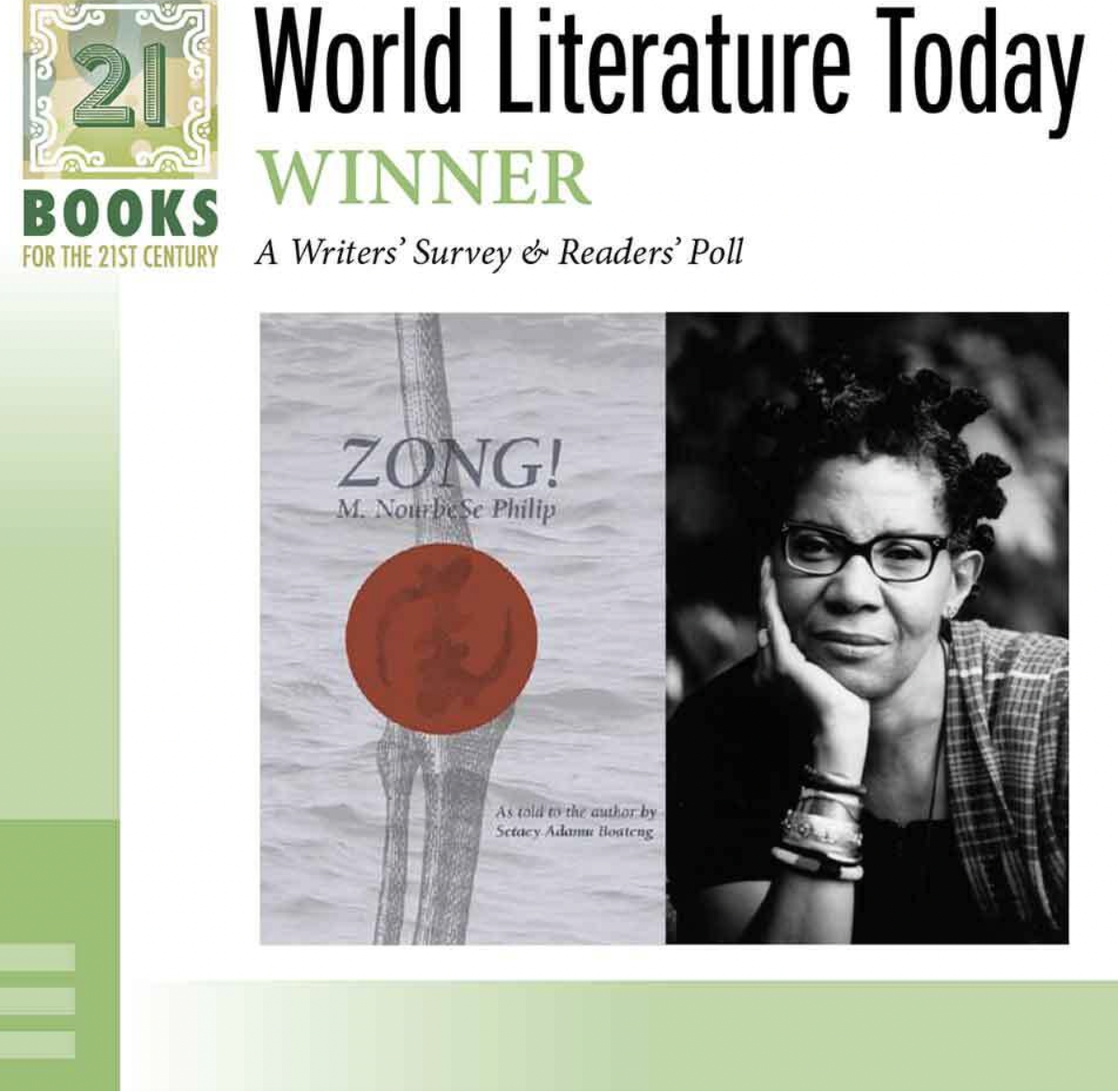
M. NourbeSe Philip’s work was translated and published without her consent. Who ultimately owns the stories we tell?
NourbeSe Philip is a Caribbean born Canadian poet, novelist, playwright, essayist and short story writer. One of her books, Zong!, published in English in 2008, is at the heart of a major translation controversy. Zong! is a 182 page poetry cycle composed of words sourced exclusively from the two-page case report, Gregson vs. Gilbert, which related to the murder of 150 …
Read More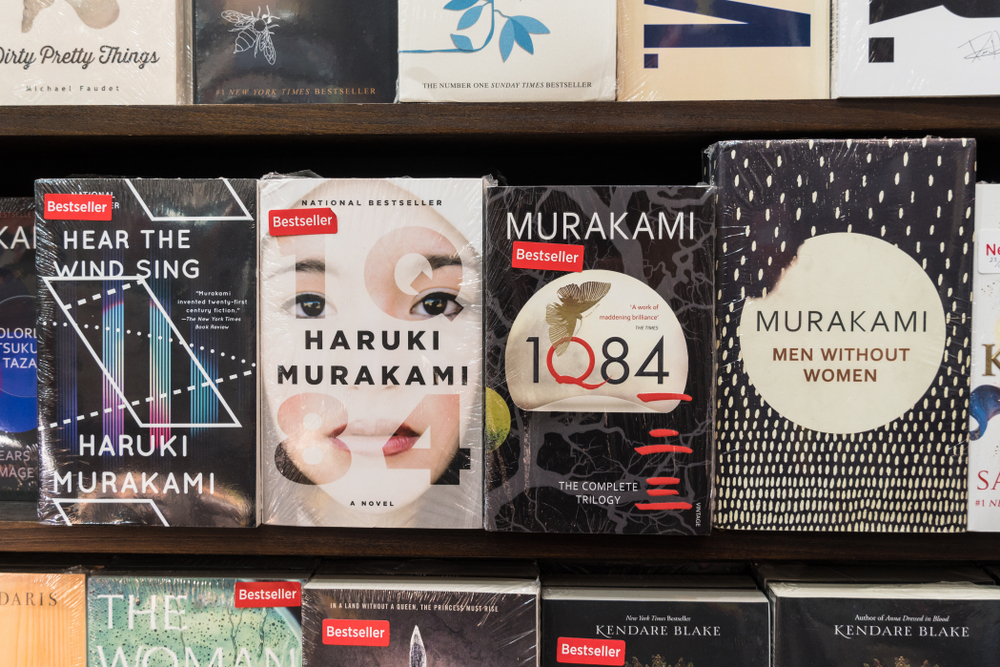
Japanese bestselling author Haruki Murakami on writing in a foreign language … and why less is more
The Guardian has recently published an extract from the last work by Japanese bestselling author, translator and academic Haruki Murakami, Novelist as a vocation. In this extract Murakami writes about how he became a writer and how he “discovered” the unique and original style which characterises his literary work. Murakami had just turned 29 when …
Read More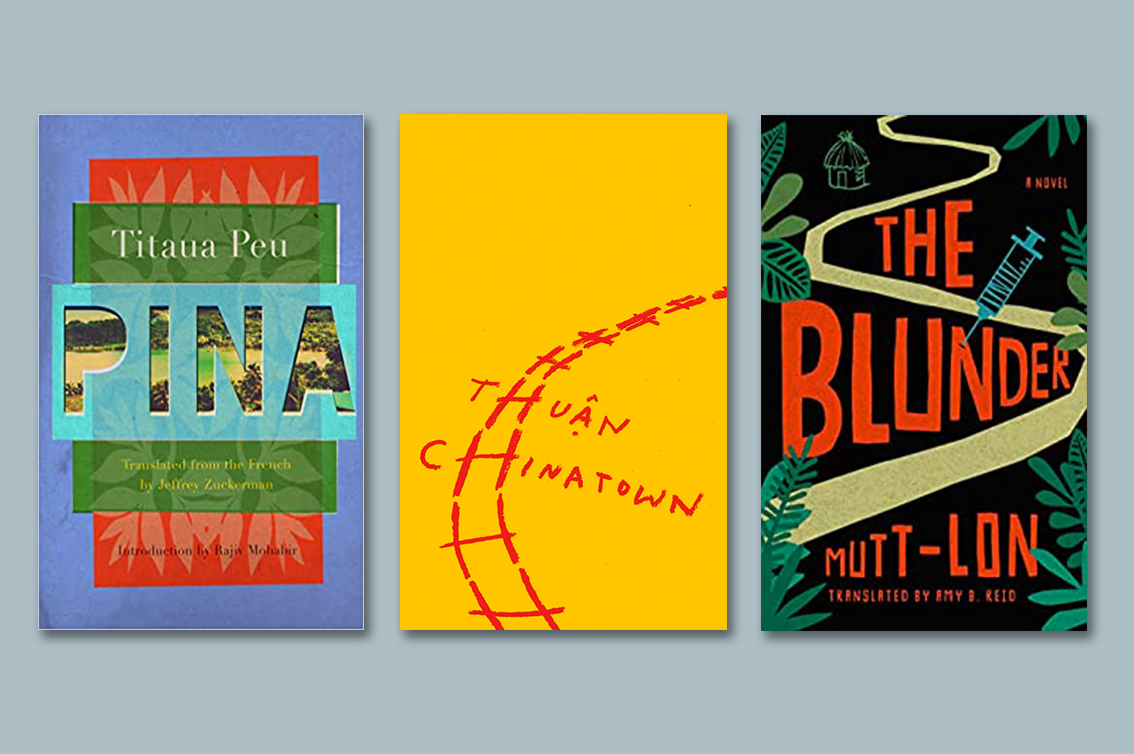
Books in English Translation: Three tales touching on French colonialism
Three books, from three different continents, have recently been translated into English. They all deal with the aftermath of French colonialism, in Tahiti (French Polynesia), Vietnam and Cameroon, through the lens of “anticolonial translation”. What exactly does this mean? In a recent article for NPR (US National Public Radio magazine) writer, critic, and translator Lily …
“Books in English Translation: Three tales touching on French colonialism”
Read More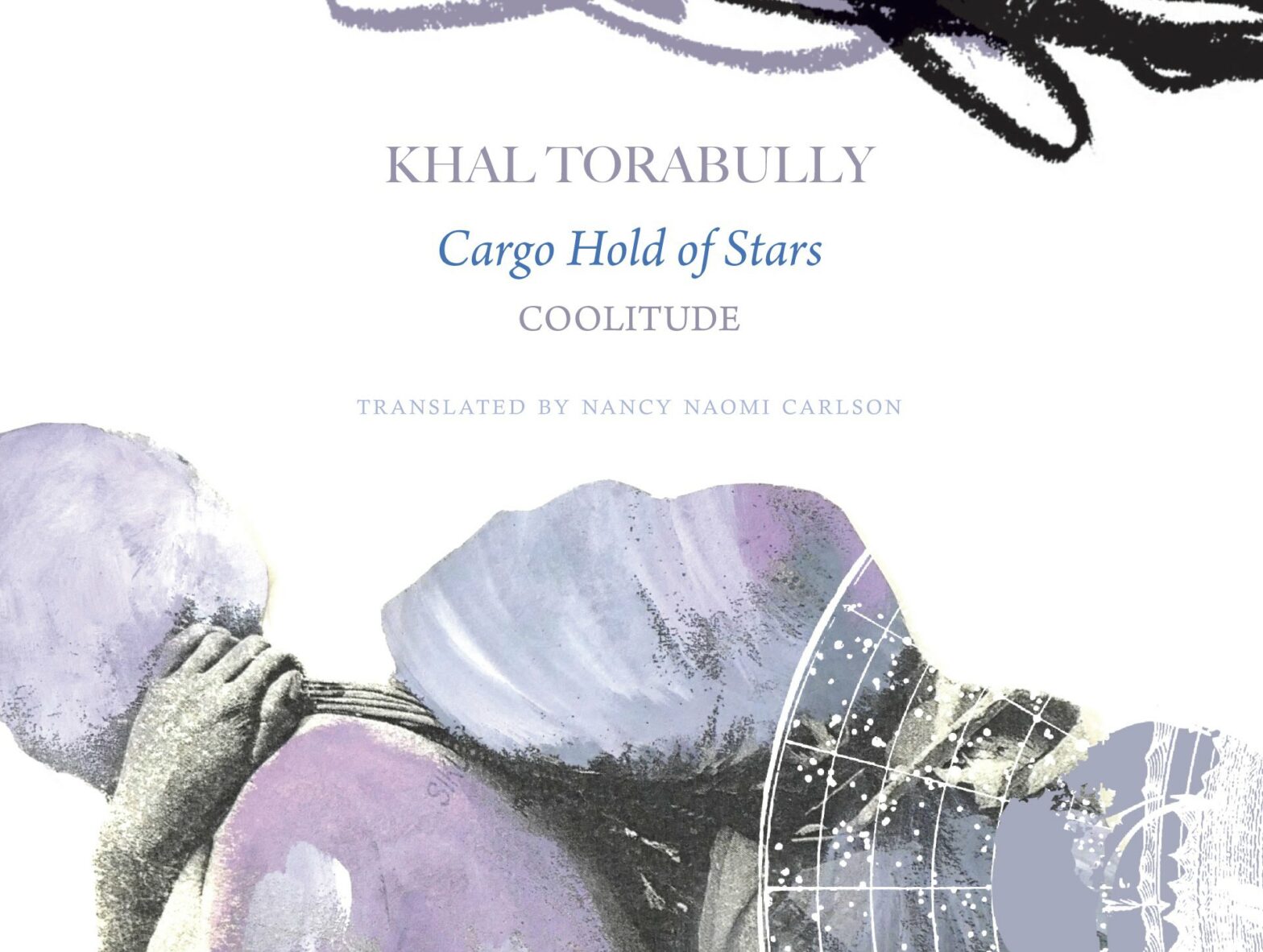
Translating literary works related to indentured migration as an act of social justice
Acclaimed UK poet and translator Nancy Naomi Carlson is the winner of the Oxford-Weidenfeld Translation Prize 2022 for the translation from French to English of Mauritian poet, essayist, and semiologist Khal Torabully‘s book titled “Cale d’étoiles: Coolitude?” (1) Torabully’s work narrates the odyssey of “indentured” labourers across the Atlantic and the Pacific oceans. The “indenture …
“Translating literary works related to indentured migration as an act of social justice”
Read More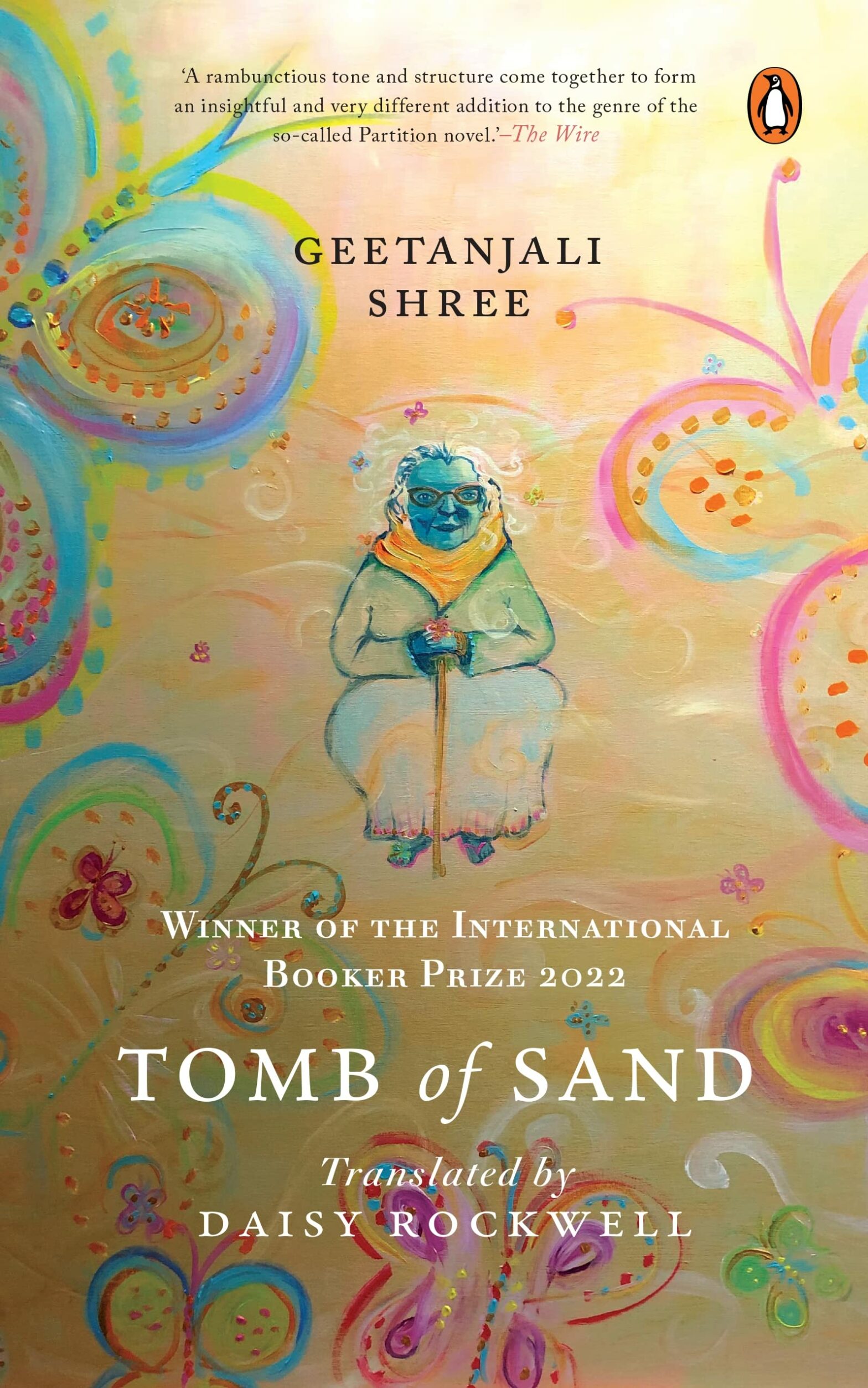
First ever International Booker Prize for Indian language novel gives boost to Indian literature as a whole
Indian author Geetanjali Shree and translator Daisy Rockwell were recently awarded the 2022 International Booker Prize for the novel Tomb of Sand. This prize is awarded annually to a translated work of fiction published in the U.K. or Ireland. The £50,000 prize money is divided equally between author and translator. Winning the 2022 prize not …
Read More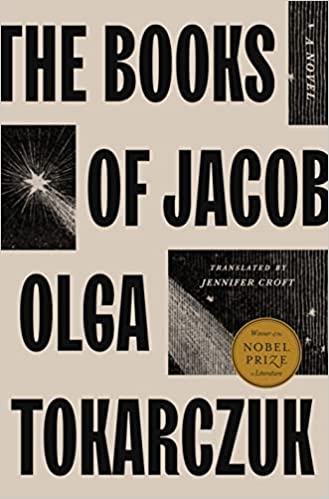
The release of the English edition of “The Books of Jacob” revives the debate around the recognition of translators’ work
by Pisana Ferrari – cApStAn Ambassador to the Global Village The work of a translator often involves much more than rendering a text from one language to another. Translators can find themselves acting as literary scouts, agents and publicists. Many spend time looking out for new authors and books and suggesting them to publishers. They …
Read More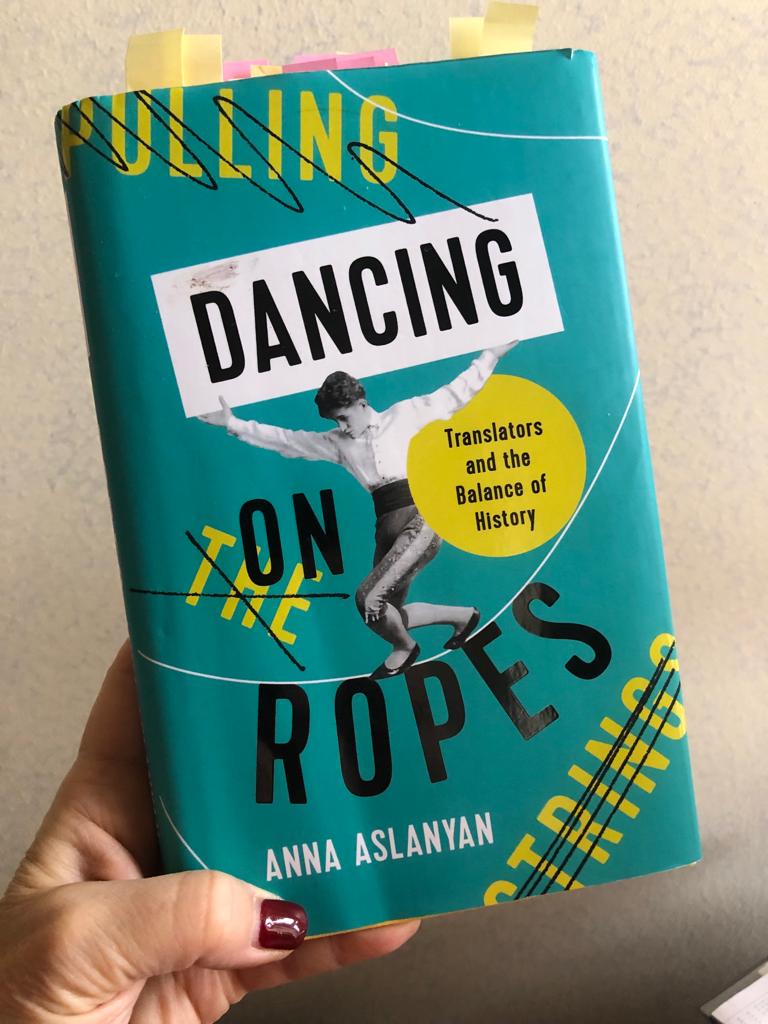
“Dancing on Ropes. Translators at the balance of history” by Anna Aslanyan: a review
by Pisana Ferrari – cApStAn Ambassador to the Global Village The book “Dancing on ropes. Translators at the balance of history”, written by Anna Aslanyan, is based on the author’s experience as a Russian-English translator and service interpreter. Aslanyan grew up in Moscow and lives in London. She writes for a number of publications, including …
““Dancing on Ropes. Translators at the balance of history” by Anna Aslanyan: a review”
Read More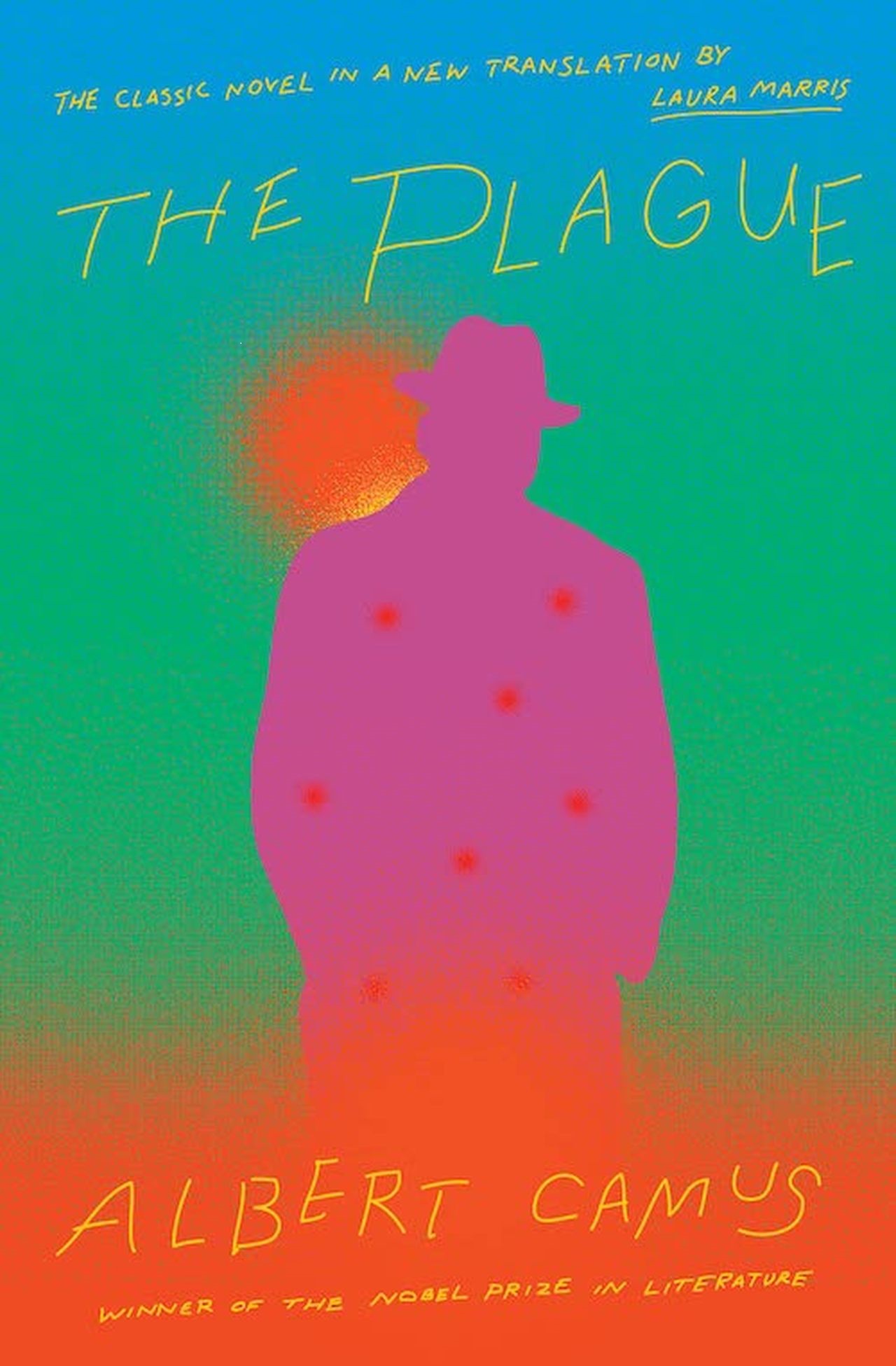
Translating a great literary classic about a pandemic during a pandemic: the case of the new English version of Albert Camus’ “The Plague”
by Pisana Ferrari – cApStAn Ambassador to the Global Village Laura Marris, a well-known American writer and translator, began working on a new English translation of the novel “The Plague”, by Nobel Prize winner Albert Camus, in September 2019, just months before the COVID-19 pandemic exploded. Camus’ book is an allegorical tale set in a …
Read More
Translation can be a political act when is used to give a voice to under-represented groups and challenge gender stereotypes
by Pisana Ferrari – cApStAn Ambassador to the Global Village The act of translating a text, of making it available to people who can’t read the original language, is a political statement in many different ways: what works are chosen to translate, or not to translate, who should translate, what languages to translate into. The …
Read More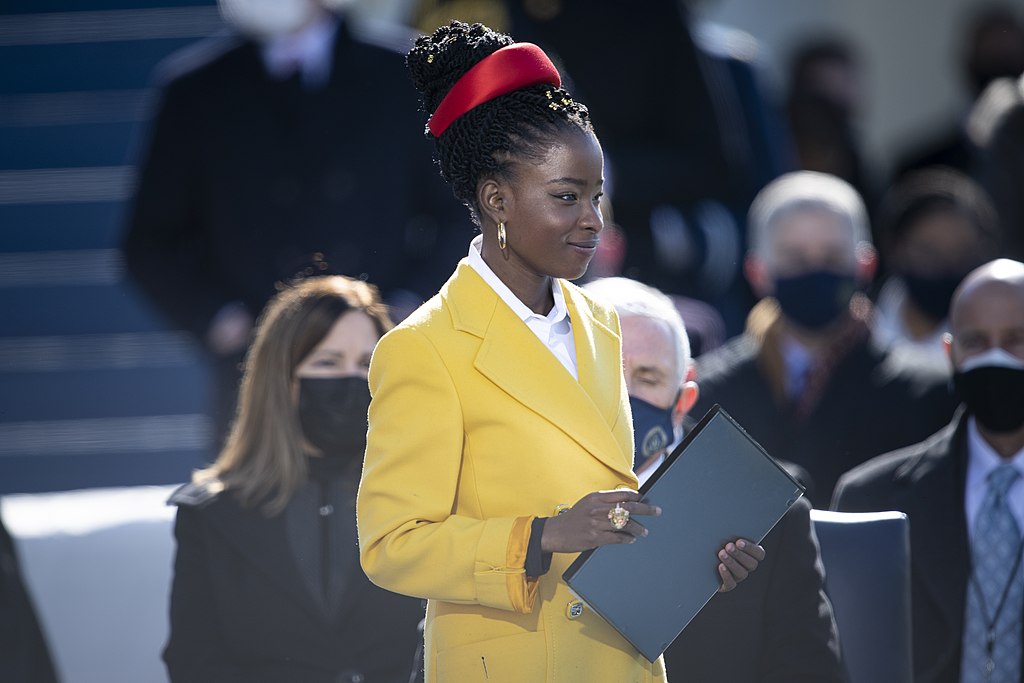
Diversity, equity and inclusion may be the real issues at stake in the debate around the Amanda Gorman translation
by Pisana Ferrari – cApStAn Ambassador to the Global Village “One of the more unexpected twists of an unprecedented year is that the little-known business of literary translation has become a source of public controversy”. This is how the Los Angeles Times comments the heated debate around the translation of US Poet Laureate Amanda Gorman’s …
Read More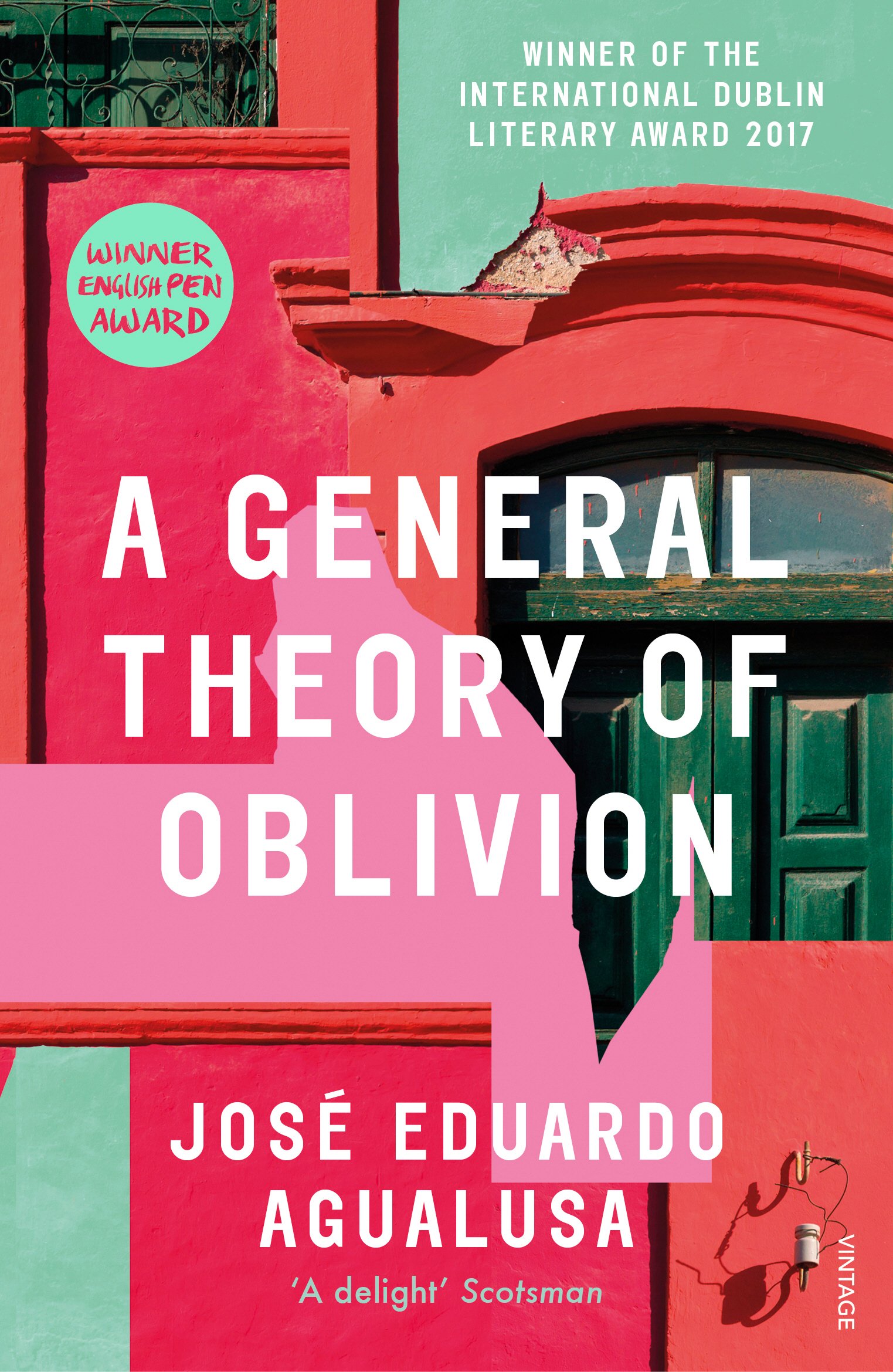
Dilemmas translators face with Romance languages, where every adjective betrays more information than in English
by Pisana Ferrari – cApStAn Ambassador to the Global Village Daniel Hahn is a writer, editor and translator, as well as founder, in 2017, of the TA First Translation Prize, awarded annually for a debut literary translation and shared equally between writer and translator. In a recent entry for his Translation Diary series, Hahn raises …
Read More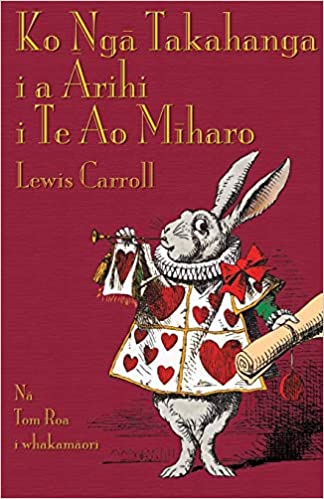
Children’s classics in translation can contribute to nurturing threatened languages and bringing dormant ones back to life
by Pisana Ferrari – cApStAn Ambassador to the Global Village A growing movement of language activists, cultural stakeholders, and scholars across the world is seeking new ways to preserve endangered languages and bring dormant ones back to life, through everything from digital dictionaries and apps, to cultural events such as language arts festivals and films …
Read More